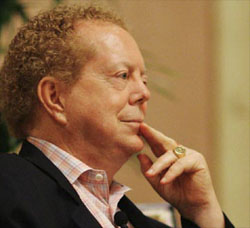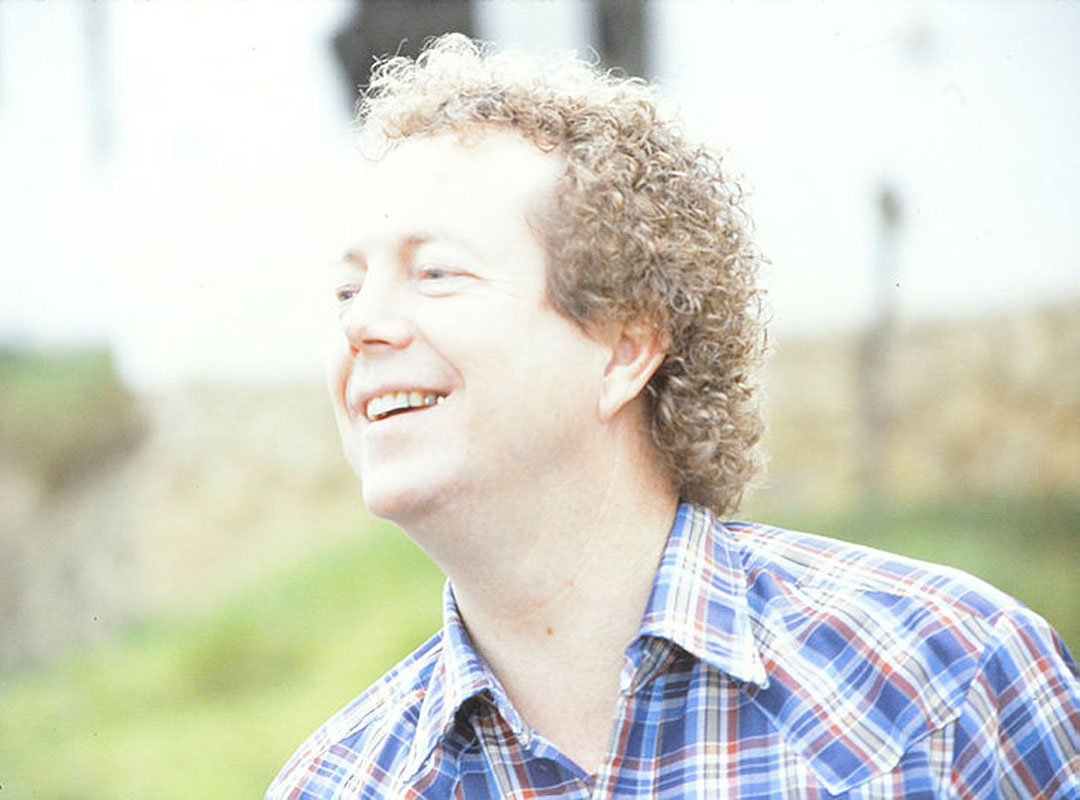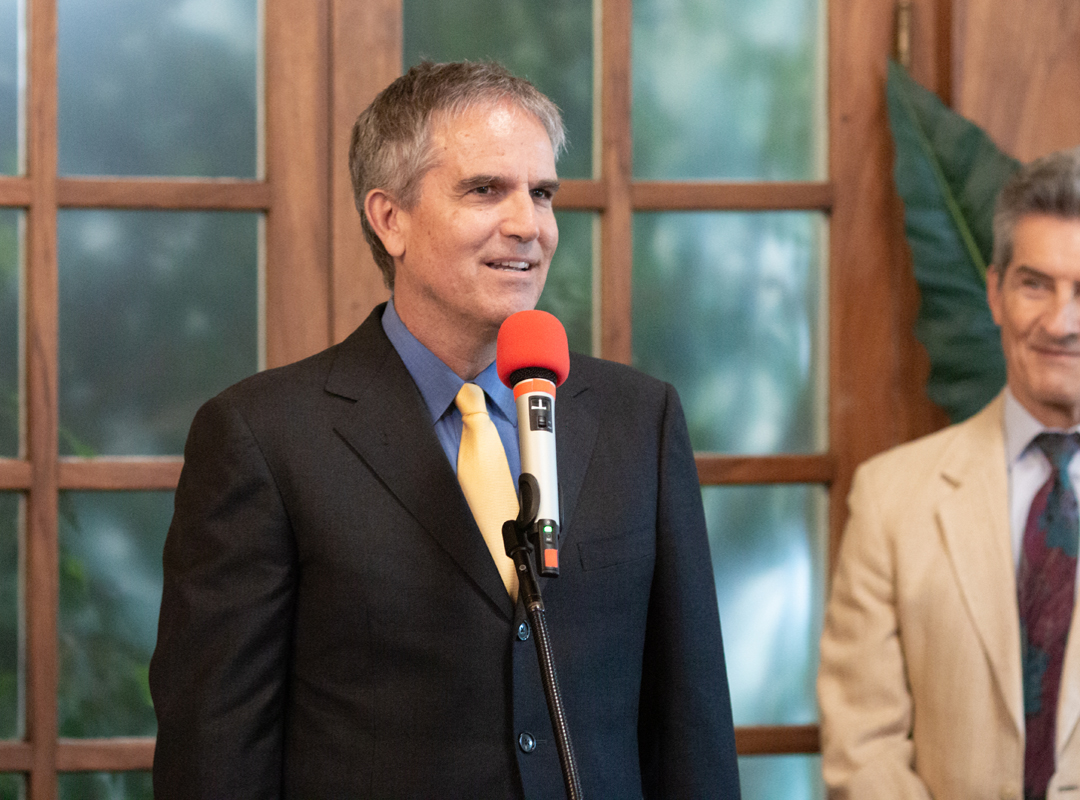 I want to talk about the unconscious, and first I’ll start with a quick overview of the levels. You are, right now, on the physical level, the level of your physical body. The invisible levels above the physical are the astral (where we use our imaginations) and then the causal (relating to the emotions), the mental (the level I’m addressing in this article), and the etheric. The etheric is the great unconsciousness, and there’s also an unconscious inside of each person. In a sense of the word, they seem to function together. And the level above the etheric is the Soul.
I want to talk about the unconscious, and first I’ll start with a quick overview of the levels. You are, right now, on the physical level, the level of your physical body. The invisible levels above the physical are the astral (where we use our imaginations) and then the causal (relating to the emotions), the mental (the level I’m addressing in this article), and the etheric. The etheric is the great unconsciousness, and there’s also an unconscious inside of each person. In a sense of the word, they seem to function together. And the level above the etheric is the Soul.
To give you a picture of what the unconscious sort of looks like, say two people stood across the room from each other and each one threw a pie at the other. What the pie looks like on the other person is what the unconscious looks like.
The unconscious resides on top of a great, great repository of information, something like the Akashic Records (the vast spiritual records in which every Soul’s entire experiences are recorded). So when we go to do something in life and it doesn’t work, instead of taking the results of that and working it out, we often blame somebody else; psychologically, that’s called displacement. We have about six to ten seconds to move on what has happened in our life, to finish it physically, to resolve it emotionally and mentally, or it dumps into the unconscious. It then feels like it’s completed, like it’s over, and out of that comes the feeling of, “I already did that,” whatever that is.
But you still have to do it again, and you often have great frustration and disappointment because it dumped out of you but is really not complete. It sits in the unconscious and tries to push itself back up into the conscious mind. As it pushes up, you may feel uncomfortable physically, or you might get an illness out of it. It will probably push up into the astral, where you imagine what is wrong. If you ask, “Why am I uncomfortable in my body?” that tells the mind to look for the answer. So the mind looks back down to find out where it is emotionally—and that’s the hook, where you hook back into it. This is where hypnosis sometimes is very valuable: it can unhook it so that it’s no longer causing the disturbances; still, though, it’s not resolved. (Addictive behavior can also be involved. By addictive, I mean repetitive behavior related to the same thing. You may do it in a different location with a different person, but you’ll still be doing the same thing.)
You have to pull it up out of the unconscious so you can instruct the unconscious and learn the reasons why you are uncomfortable. When you do this, the unconscious shoots off “fireworks,” and you then try to choose which one it is.
One way of handling this is to go to a therapist, who attempts to tell you about all the fireworks in the sky. This is usually talking it out, and if you happen to hit on it, it’s just another thing that fired in the sky. It’s waking up one morning and no longer feeling the obsessions.
Another way would be to tell the unconscious, “I want to know the answer in a way that I can understand it.” Then it may bring up a fight you had with a sister when you were five years old. And you start to go back and therapeutically relive the event. If you relive only what it was, it heals itself. But if you add to it from where you are now in your conscious mind, then you may go and pick another fight with her, taking revenge or trying to get even. That will just create another psychological dump into the unconscious.
All of what I’ve been talking about, except the physical body, resides in what we call, in general, the psychic realm. People who are psychically attuned can pick things up from there and tell them to you. Maybe everybody in the world has that ability; it’s just not scientific (but not too many things are scientific). If we said that anything you can do and repeat and get the same results would be called scientific, then anybody in a mental institution who waves their hand all day long would be being scientific—because they keep doing repeatable, measurable, predictable things. So my definition of scientific is that someone else can also do it and get the same results.
We’re all tied in to the unconscious, which ties in the fields of psychiatry, psychology, and all sorts of psychic counseling. The whole field taps your own psychic ability. To reach the unconscious can be hard. Look at it this way: your body is in the physical world and you want to solve a problem. If you put your left hand up in the air, very high, as though you’re trying to reach the ceiling, that’s what you do in the psychic trying to reach into the unconscious to get the answer. So it’s hard to keep focused here when you’re stretching out to get hold of an answer in the unconscious. It’s either go follow where your hand leads you or tell yourself, “I’ll search for this later. Right now I’m going to finish focusing on what I’ve got going physically.” So it’s a choice: you go for it psychically or you go for it physically.
My approach would be to drop into meditation and tell the part of me that is breathing me, which is bigger than me (the Soul), to supply me with the answer to solve that problem. Or better yet, I’d ask it to just remove the cause, the reason for the cause, and the effects. For a lot of people, it will do this; it will just happen.
But if you must know why it happened, you may start dumping more problems right back into the unconscious. I would try to get it clear because your personal unconsciousness sits over on top of the great unconscious of the whole world or universe. And if you want to know more about what’s going on universally, you have to pierce the unconscious in yourself to tap the great unconscious. For a lot of people, going to sleep pierces through their own unconscious and gets them in touch with the universal mind.
You would know you got through if you got information that you’d have no way of knowing where it came from or what it is or what to do with it. But it still would seem familiar to you, depending upon how dense your personal unconscious is. The bottom part of you is touching the universal mind. So if you’re really dense, it may take you a long time to know what you’re in touch with. It is absolutely worthwhile to know what it is because it’ll run your life, whether you like it or not. So you might as well know what’s running your life. Then you might be able to cooperate with it and make it better.
Baruch Bashan.
















